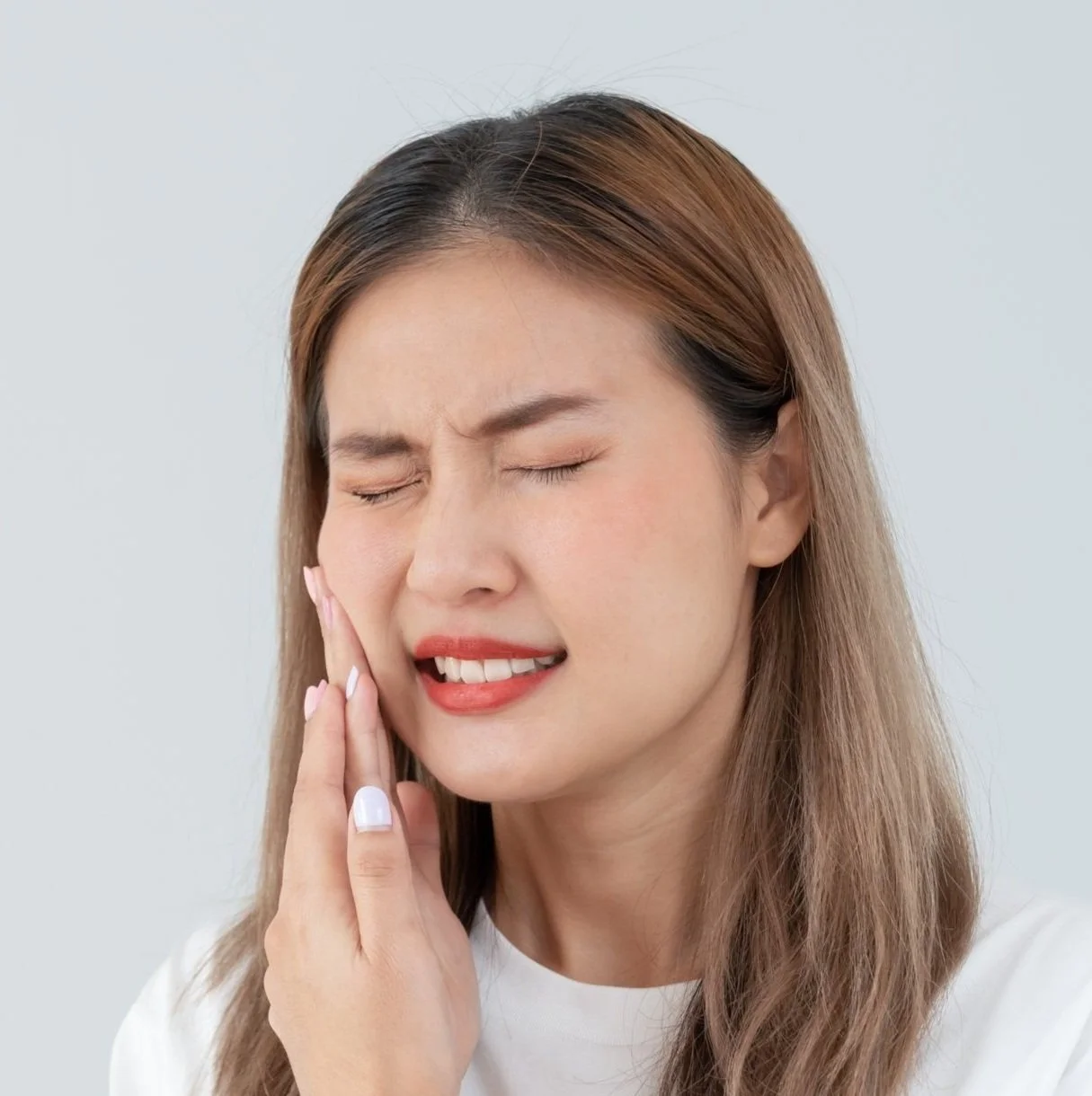Extractions
In the event that your tooth cannot be saved, Natural Smile EastMed Dental can help make you comfortable again through pain-free tooth extraction.
Nothing can replace your natural teeth. Through good oral hygiene habits, regular dental visits and modern prevention methods it is possible to keep from choosing whether to remove or repair a tooth. However, sometimes throughout life due to accidents, dental decay or gum disease this is unavoidable.
Common causes of tooth extraction:
Wisdom Teeth – A lot of the time wisdom teeth do not develop into our mouths in alignment with the other teeth. This causes issues such as crowding, gum infections and also increases the likely-hood of decay between your wisdom tooth and the tooth in front. In the instance that your wisdom teeth are more likely to create issues for the other teeth we want to keep, we will recommend having them removed.
Gum Disease – Also known as gingivitis or periodontal disease this is a bacterial infection which affects the stability of your teeth and affects gums. It begins as gingivitis in childhood and becomes more prevalent and severe as you age. If left untreated it develops into more advanced stages known as Periodontal disease. Often gum disease is painless therefore often left untreated. Unfortunately, by the time it becomes a noticeable issue to you, often in the form of loose or separating teeth or gums that pull away from the teeth, the gum disease is advanced and the damage has already been done.
Dental Decay – Teeth are comprised of several layers. Simplified the outer layer is called enamel. This is the hardest layer. Underneath the enamel is a layer called dentine. This is a slightly softer structure which encases the nerves and blood vessels (the life force) in the tooth.
Food and drinks that we consume contain sugars and carbohydrates. When the bacteria in our mouths break these down they produce acids. These acids dissolve the enamel and dentine that your teeth are comprised of and over time a hole or cavity will form in the tooth. This is known as dental caries or tooth decay.




